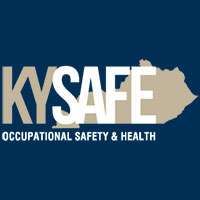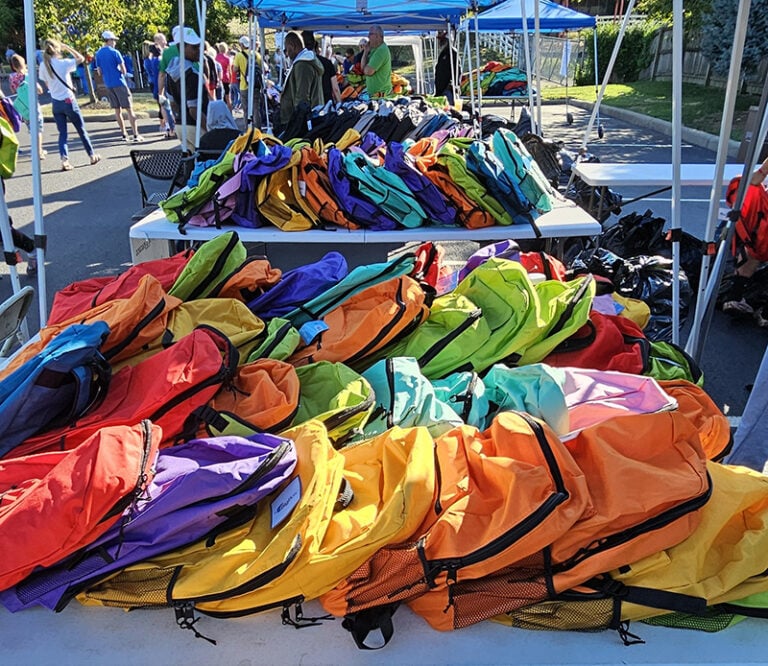The Kentucky General Assembly’s 2018 session passed a couple big milestones this week as the deadline to introduce new bills arrived in the House on Tuesday and in the Senate on Thursday.
Capitol observers now have a complete view of the subjects that will be considered this year on major issues like education, taxes, and health care as well as on lesser-known matters like shark fins, nail salons, and elk.
The big issue of the week, though, was the passage of a state budget plan and a revenue-generating measure in the state House of Representatives.
The budget bill, House Bill 200, restores many of the programs that were cut in the governor’s original budget proposal while also providing more funding for education and public safety. The plan would protect school transportation funding and boost per-pupil school funding to the highest level ever. It also provides funds to help the state police modernize an aging fleet with 260 new cruisers and 800 new rifles.
The plan would also increase funding for the Kentucky Retirement Systems by $774.5 million and the Kentucky Teachers’ Retirement System by 89.1 million to meet the full actuarial require contribution for public pensions.

Still, spending cuts for many parts of state government remain in the spending plan. Many state agencies would see 6.25 percent cuts, the same amount as proposed in the governor’s original spending plan.
House Bill 200 passed the House on Wednesday on a 76-15 vote.
The revenue bill, House Bill 366, passed the House the same day on a 68-25 vote. Under this measure, taxes on packs of cigarettes would go up 50 cents and prescription opioids would be taxed at 25 cents per dose at the distribution level, which means the increase is intended to be paid for by manufacturers and not passed on to consumers.
Many other bills also took steps forward in the General Assembly this week, including measures on:
Truck Platooning. Senate Bill 116 would allow truck platooning. The term refers to two or more individual commercial vehicles traveling together in sync with electronically coordinated speeds through wireless communication. With safety and fuel-efficiency benefits for drivers, SB 116 passed the Senate unanimously and now goes to the House for consideration.
Adoption and Foster Care. House Bill 1 would allow the state to petition for involuntary termination of parental rights of a mother who won’t seek drug treatment within 60 days after giving birth to a drug-addicted baby. The measure would also expand the definition of a “blood relative” for child placement and ensure that dependent, neglected or abused children placed in foster care are reunified with family or placed in a new permanent home in a timely manner. HB 1 passed the House by a vote of 94-1 this week and now goes to the Senate.
Breweries. House Bill 136 would increase the cap on packaged beer to individual customers for Kentucky’s craft brewers. It would also allow craft brewers to start sending their wholesale tax payments directly to Kentucky Department of Revenue. The bill received final passage this week and is headed to the governor’s desk.
Peer-Reviews. House Bill 4 would exempt doctors’ reviews of other doctors in medical-malpractice lawsuits from discovery, a pre-trial procedure in a lawsuit to obtain evidence. Peer review is used to determine whether accepted standards of care have been met and be a source of information for physicians. In hopes to prevent physician errors, HB 4 received final passage by a vote of 25-13 and has been sent to the governor’s desk.
Volunteer Jurors. Senate Bill 87 would allow Kentucky’s 54 judicial districts to accept volunteers for jury duty. These volunteer jurors would still be subject to jury selection and voire dire like any other person called for jury duty. After passing a Senate committee this week, SB 87 now goes to the Senate floor for further consideration.
Legislators are eager to receive feedback on the issues confronting our state. To share your thoughts and ideas with state lawmakers, please call the General Assembly’s toll-free message line at (800) 372-7181.
Legislative Research Commission

















